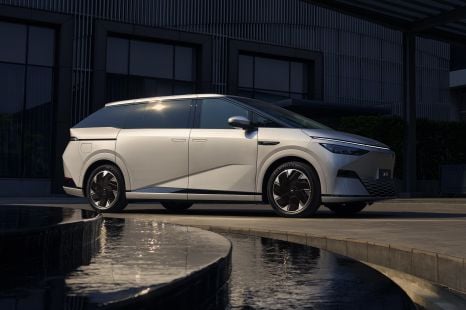

William Stopford
Will 2026 be the year of the people mover in Australia? China seems to think so
22 Hours Ago
Hyundai Australia says it'll take a "similar action" to its Korean counterpart, which is performing complete battery replacements of 75,680 Kona Electric and 5716 Ioniq Electric models.

News Editor
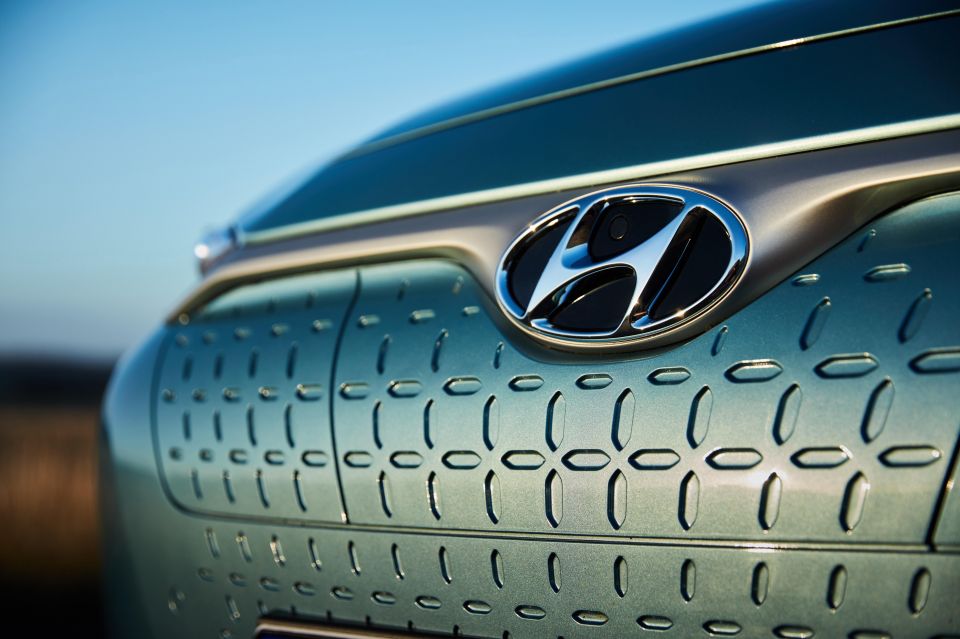

News Editor
Hyundai Australia may be forced to replace the lithium-ion battery in almost 800 electric Kona SUVs.
The company will provide full battery replacements for more than 80,000 electric vehicles across the Kona Electric and Ioniq Electric model line in Korea due to a fire risk.
Hyundai Australia says it’s “aware of the recent Kona EV recall announced in Korea and will be taking a similar action in Australia.”
“We have informed the Department of Infrastructure, Transport, Regional Development and Communications (DIRD) about the recall and will communicate the details to affected customers shortly,” a spokesperson told CarExpert.
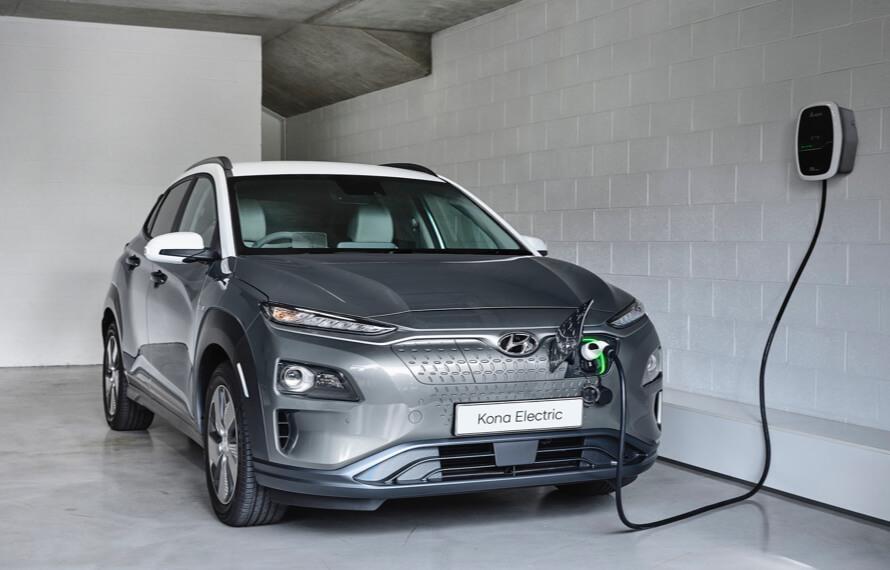
Hyundai Australia may need to replace the batteries in 796 vehicles, based on a recall notice issued late in 2020 in relation to the same battery fire problem.
“The Lithium-ion battery may have internal damage or the battery management system control software may cause an electrical short circuit after charging,” the company said in its recall notice.
“If an electrical short circuit occurs, this could result in a vehicle fire which can increase the risk of serious injury or death to vehicle occupants, bystanders and/or damage to property.”
If you own a Kona Electric, Hyundai has provided some instructions.
“Affected vehicles need to be parked in an open space and away from flammable materials and structures, that is, not in a garage,” the company says.
“Consumers should only charge their vehicles up to 90 per cent of its battery capacity.”
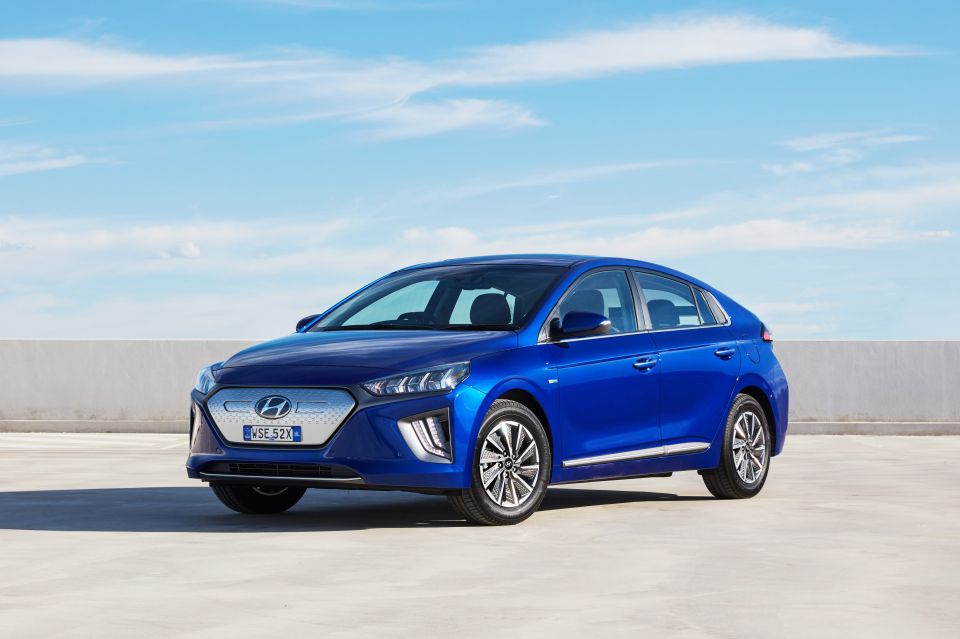
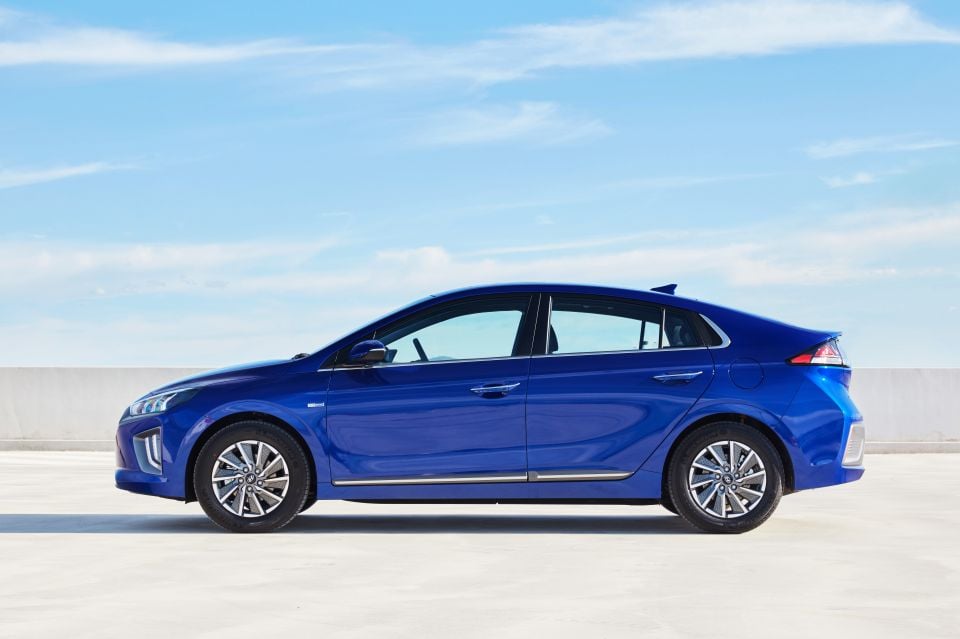
The initial recall directed owners to take their vehicles to a dealership for a software update or battery cell rectification.
No recall has been issued locally thus far for the Ioniq Electric.
Electrek reports there have been 15 reported cases of Kona Electric fires, including 11 in South Korea and two in Canada.
Despite software updates being deployed, another Kona Electric caught fire last month. It had received the temporary software fix.
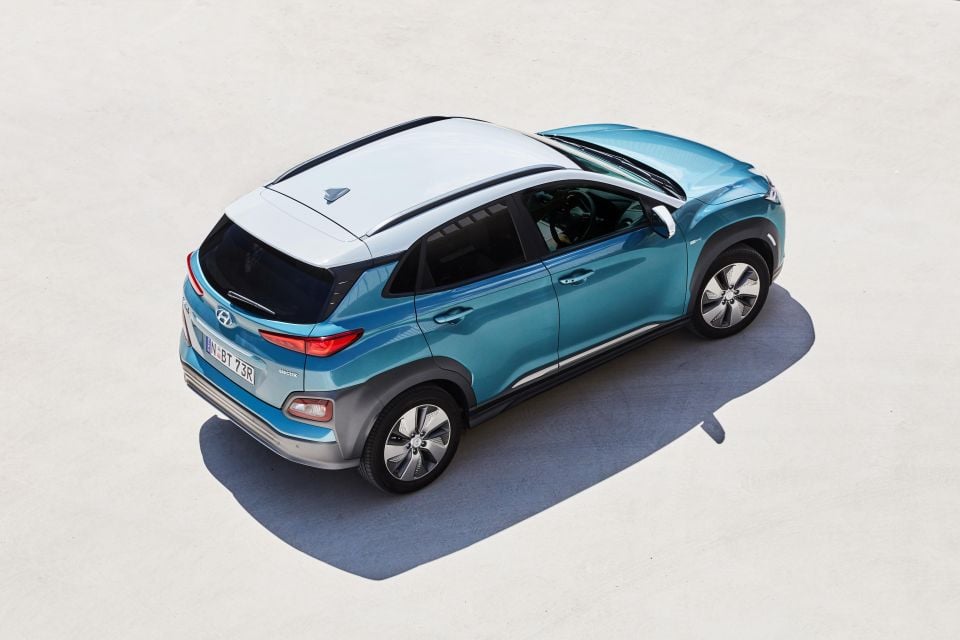
“Hyundai Motor Company has decided to voluntarily recall certain Kona Electric, Ioniq EV, and Elec City vehicles in Korea for full battery (BSA: battery system assembly) replacements,” said Hyundai in a statement to Electrek.
“The decision reflects findings from an investigation led by the Korean government, which has revealed the possibility of short circuits in certain defective battery cells produced in LG Energy Solution’s Nanjing plant leading to fires.”
The batteries were sourced from LG Chem, who also supply batteries to General Motors. The American automaker, however, has only confirmed the deployment of software fixes.
Where expert car reviews meet expert car buying – CarExpert gives you trusted advice, personalised service and real savings on your next new car.
William Stopford is an automotive journalist with a passion for mainstream cars, automotive history and overseas auto markets.


William Stopford
22 Hours Ago
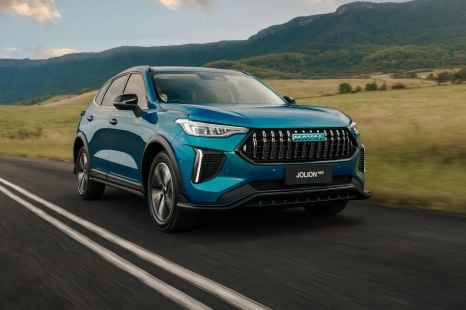

Max Davies
22 Hours Ago
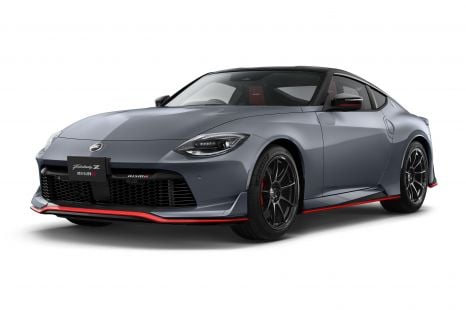

Derek Fung
23 Hours Ago
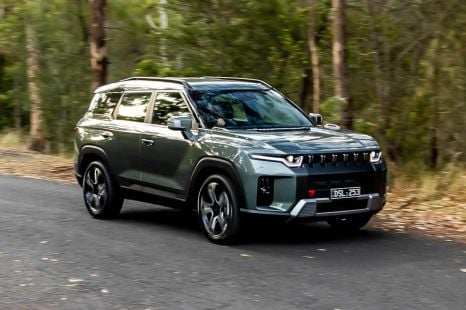

Matt Campbell
1 Day Ago
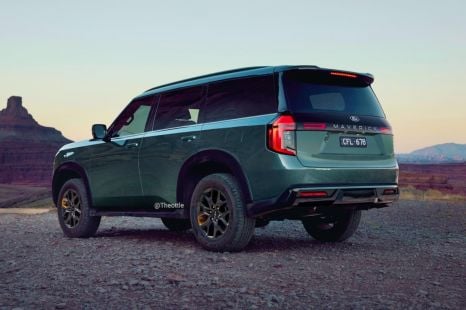

Ben Zachariah
2 Days Ago
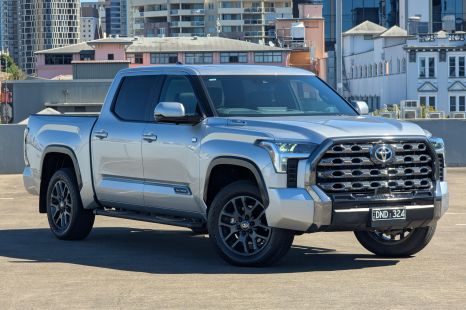

Damion Smy
2 Days Ago